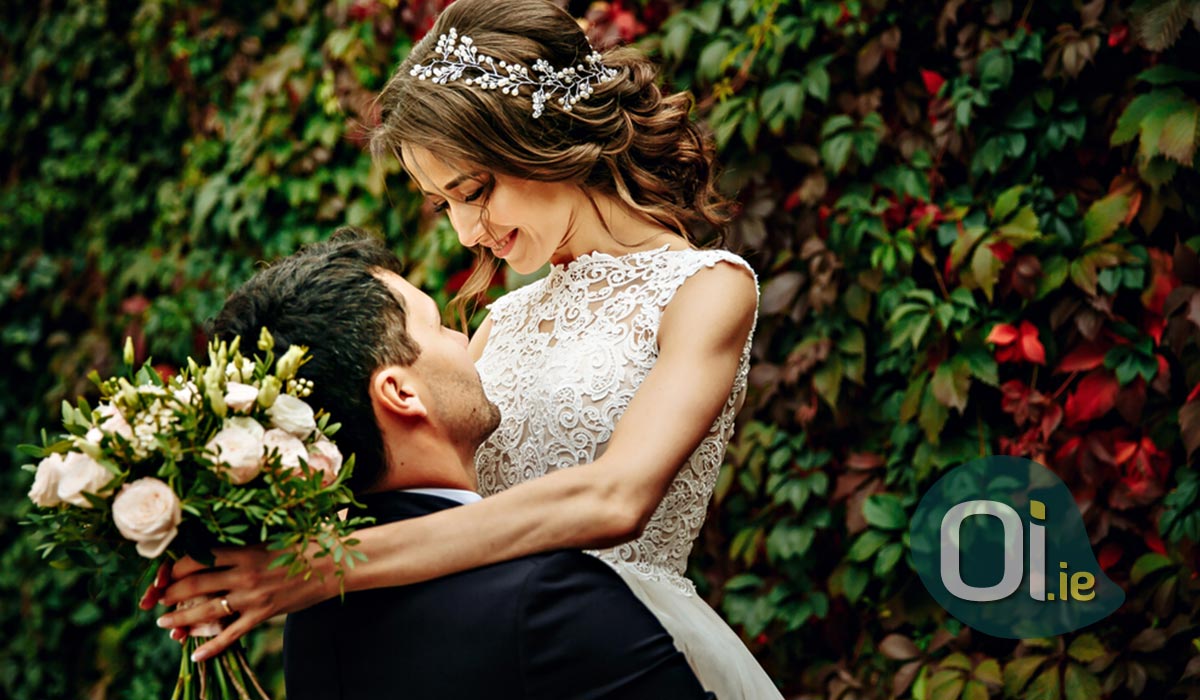Marriage is an important step in the life of any couple. If you are thinking of collecting the rags and formalizing the union with your partner, know that getting married in Ireland is more expensive and bureaucratic than in Brazil, but it is still perfectly possible.
In the case of civil marriage, the ceremony is performed by a notary at a registration office – the equivalent of a notary in Brazil. Ceremonies only take place during the week, during business hours. There is the possibility of holding the ceremony in other places, but first you need to obtain authorization from the notary and pay a fee for the travel of the notary.
In the case of religious marriage, the couple must contact the church or parish where the ceremony will be held, as the rules vary. The Catholic Church, for example, may require a grooming course and generally does not allow ceremonies on Sundays. The marriage, in this case, must be made by a registered solemniser to have legal validity, which can be a bishop, priest, friar, etc. There is no need for civil AND religious marriage, only one of them is sufficient.
Whatever the type of wedding, the first step is to notify the Irish authorities at least 3 months in advance of the wedding date. To do this, you need to schedule a time at a registration office. In some places, this can be done online through this website.
It is good to do this in advance, as the wait in some regions of Ireland, such as Dublin, can be long.
Both must attend the registry office on the scheduled date and take the following documents and / or information with them:
1) Passport (original and copy);
2) Irish Residence Permit – IRP (original and copy);
2) PPS number, if you live or intend to live in Ireland;
3) Birth certificate (original and copy), translated and handouted;
Important: the translation must be done by a sworn translator, and the handout must be requested at a Brazilian registry office. Some sites, such as the Cartório24h, can send the document by mail directly from Brazil to Ireland.
4) Updated proof of residence (original and copy);
5) Completed registration form, which must contain the intended date, location and solemnizer of the ceremony, in addition to the names of the two witnesses;
6) Consular Declaration of Civil Status, which can be obtained from the Brazilian Embassy in Dublin.
You will need to sign a statement saying that you are both able to marry. The notary can also ask questions to confirm the veracity of the marriage. Remember that it is not allowed to marry just for the purpose of ensuring legal permanence in the country – this is a crime and can lead to deportation, if proven.
You will also need to pay a € 200 registration fee.
If all goes well, the notary will give the couple a marriage registration form (MRF), which gives the authorization to marry and must be given to the person who will perform the wedding. In civil marriages, registration is done immediately after the ceremony. In religious weddings, the MRF must be delivered to the registry office within 30 days after the wedding date for registration. Only after registration is it possible to obtain the definitive marriage certificate, which costs € 20.
Finally, it is worth remembering that:
- same-sex marriage has been recognized by law in Ireland since the signing of the Marriage Act in 2015;
- for the marriage to be valid in Brazil, the couple must recognize the union at the Brazilian Embassy in Dublin;
- marrying an Irish person does not entitle you to European citizenship, but to the Stamp 4 visa, which entitles you to work full time and open a business without the need for a work permit.





